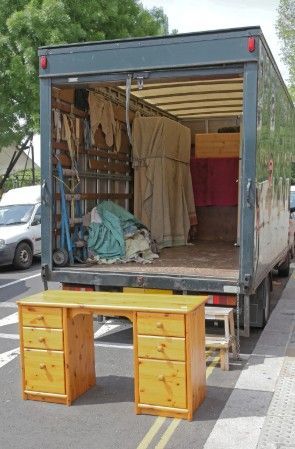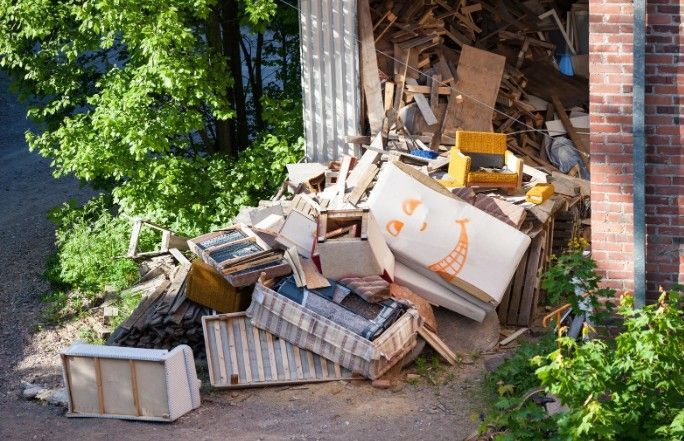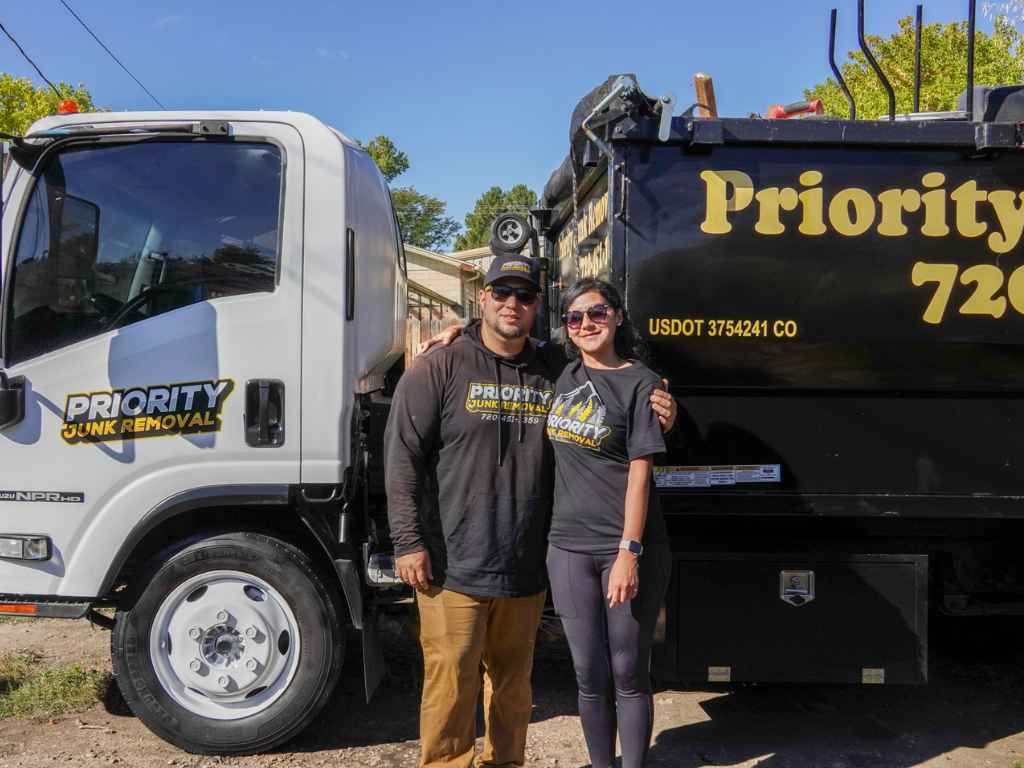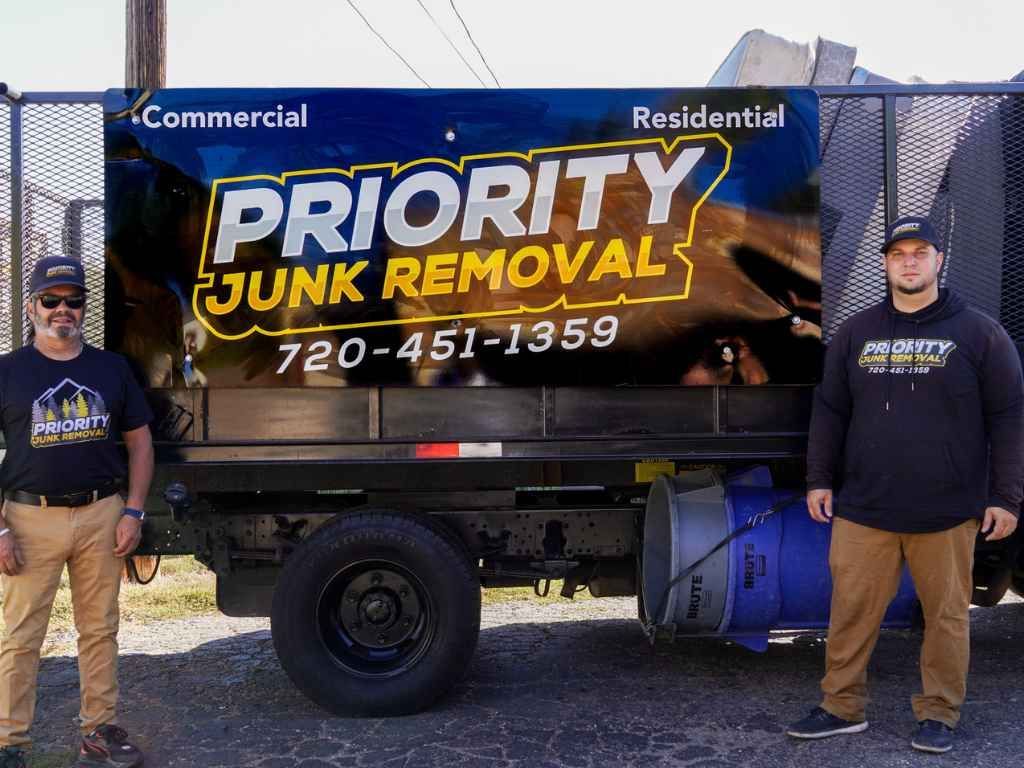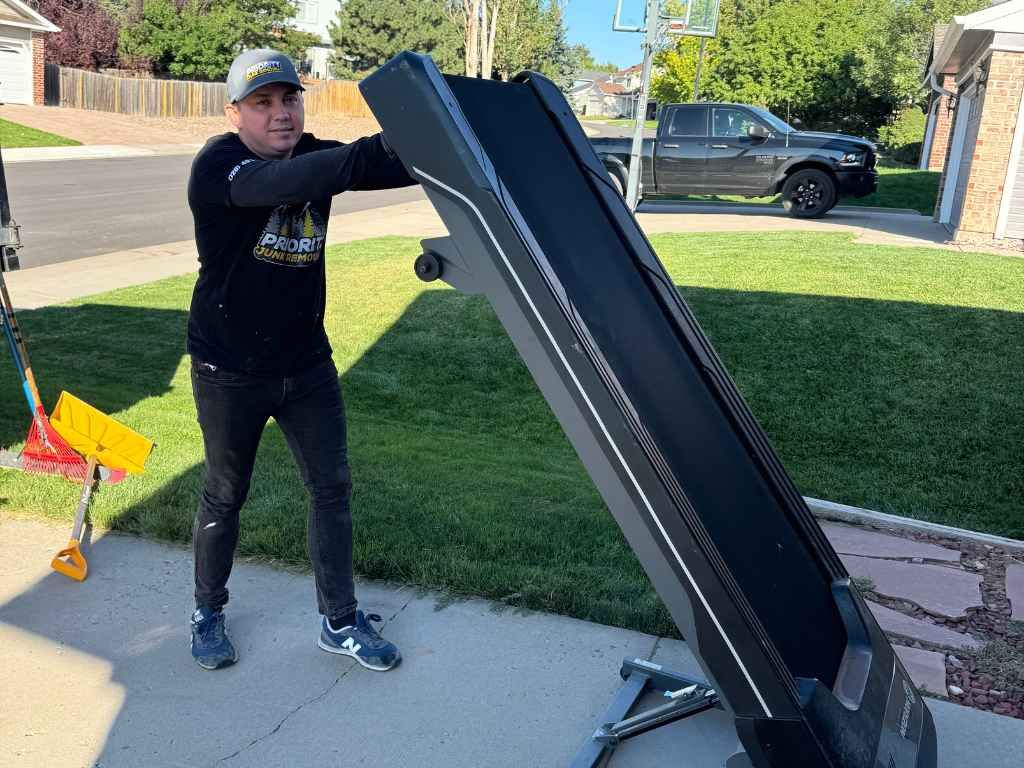Essential Tips for Restaurant Junk Removal
Running a restaurant is a high-energy endeavor, where efficiency and cleanliness are not just optional but absolutely essential. With constant food preparation, supply deliveries, and customer service demands, waste can accumulate rapidly. If not managed correctly, it can disrupt operations, create health hazards, and even damage a restaurant’s reputation. This is why understanding how to effectively handle junk removal is a crucial skill for any restaurant owner or manager.
Understanding the Need for Efficient Junk Removal
Restaurants generate diverse types of waste, ranging from food scraps and expired ingredients to broken equipment and outdated furniture. Unlike household waste, which is relatively straightforward, restaurant junk can be bulky, hazardous, and, at times, difficult to dispose of properly. Regulations surrounding waste disposal are strict, and failure to comply can lead to hefty fines or even forced shutdowns.
Beyond regulatory concerns, an effective junk removal system ensures that the establishment remains visually appealing to customers, creates a safe working environment for staff, and contributes to sustainable business practices. When waste is managed poorly, pests can invade the premises, odors can seep into the dining area, and overall customer experience can deteriorate. These are all potential nightmares for an industry where cleanliness directly impacts business success.
Sorting Waste for Proper Disposal
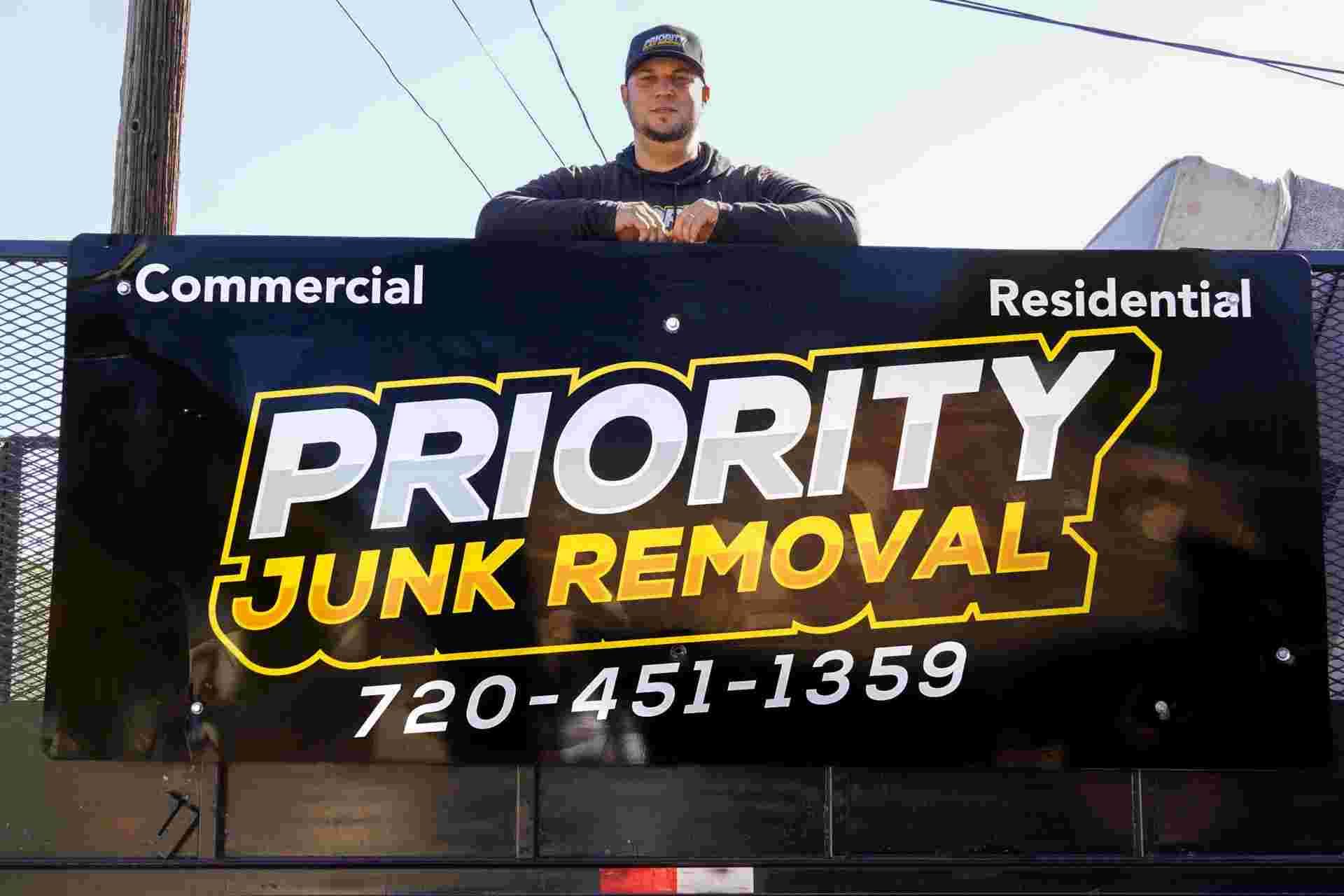
One of the key steps in restaurant junk removal is categorizing waste correctly. This ensures that disposal is both efficient and environmentally responsible. There are three primary categories of waste that restaurants must handle:
- Organic Waste – This includes food scraps, expired ingredients, and leftovers. Many restaurants choose to compost organic waste or work with food recycling programs to minimize their impact on landfills.
- Recyclable Waste – Items such as cardboard boxes, glass bottles, and aluminum cans fall into this category. Recycling helps reduce environmental damage and can sometimes generate revenue through local recycling programs.
- General and Hazardous Waste – This category includes non-recyclable materials, broken equipment, old furniture, and hazardous waste such as cooking oils and chemical cleaning agents. These materials require specialized handling to ensure proper disposal and prevent contamination.
The Role of Professional Junk Removal Services
While some restaurant waste management tasks can be handled internally, larger-scale junk removal requires professional assistance. Partnering with a specialized junk removal company saves time, ensures compliance with disposal regulations, and guarantees responsible waste handling. Professionals have access to equipment and vehicles designed for large-volume waste transport, making the process seamless and efficient.
A professional service also understands local laws and industry standards, ensuring that hazardous materials are disposed of safely. For example, grease traps must be cleaned and maintained to prevent environmental contamination, while old kitchen appliances should be disposed of in accordance with electronic waste regulations. Attempting to handle such tasks without expertise can result in costly mistakes.
Managing Kitchen Equipment and Appliance Disposal
One of the biggest challenges restaurants face when it comes to junk removal is dealing with outdated or broken kitchen appliances. Commercial stoves, refrigerators, fryers, and dishwashers are bulky, heavy, and often contain materials that require special disposal methods.
Simply discarding these items on the curb isn’t an option. Many waste management services will not accept them, and leaving them outside can create hazards for pedestrians and attract unwanted attention. Instead, consider repurposing, donating, or recycling old appliances. Many manufacturers and junk removal services offer appliance take-back programs, where components are salvaged and repurposed.
Handling Bulk Furniture and Renovation Debris
As restaurants evolve, interior upgrades and renovations become inevitable. This means old furniture, décor, and construction debris must be removed efficiently to make way for new installations. Tables, chairs, booths, lighting fixtures, and flooring materials contribute to a significant amount of waste during remodeling projects.
Rather than allowing these items to pile up, restaurant owners can explore donation options. Many organizations accept gently used furniture for repurposing. For renovation debris, professional junk removal services can handle everything from drywall and wooden planks to glass and metal, ensuring safe and efficient disposal.
The Impact of Sustainable Waste Management
Environmental consciousness is becoming increasingly important in the food industry. Customers are paying more attention to sustainability efforts, and restaurants that prioritize eco-friendly waste disposal can enhance their public image. Composting, recycling, and donating usable items reduce landfill contributions and support the community.
Some restaurants have even begun implementing zero-waste policies, where they aim to divert as much waste from landfills as possible. This involves working with suppliers to reduce packaging waste, choosing compostable packaging for takeout orders, and optimizing inventory management to minimize food waste.
Maintaining a Junk-Free Restaurant on a Daily Basis
Consistency is key when it comes to keeping a restaurant clutter-free. Implementing a strict waste management routine helps prevent junk from piling up. Staff should be trained on proper waste segregation, storage, and disposal. Regular inspections ensure that waste is handled appropriately and that potential hazards are addressed immediately.
A proactive approach also means monitoring inventory levels to avoid overstocking perishable items, using biodegradable packaging to cut down on plastic waste, and establishing scheduled pickups for junk removal to keep the premises clean.
Mastering Restaurant Junk Removal for a Cleaner and Safer Business
Keeping a restaurant free from excessive junk and clutter is not just about aesthetics—it directly affects the overall efficiency and safety of operations. When waste accumulates, whether it’s old kitchen equipment, broken furniture, or food scraps, it can lead to sanitation issues, decreased workspace efficiency, and potential hazards. A well-maintained restaurant environment ensures smooth workflow for staff while enhancing the customer’s dining experience. Junk removal is a crucial aspect of maintaining a pristine establishment, and failing to manage it properly can have serious consequences.
A strategic approach to waste management in restaurants involves a balance between daily waste reduction and periodic large-scale cleanouts. From implementing composting systems to scheduling professional junk removal services, owners must adopt a structured plan that keeps their space free from unnecessary clutter. Prioritizing cleanliness and organization not only ensures regulatory compliance but also strengthens the reputation of the business in the competitive food industry.
Restaurant Owners Can Transform Junk Removal Into an Efficient Process
Effective junk removal in a restaurant is not something that happens by accident—it requires careful planning and execution. Many restaurants struggle with waste buildup simply because they lack a structured system for disposing of it efficiently. When broken chairs sit in the storage room for months or unused appliances clog up valuable kitchen space, it not only reduces efficiency but also poses risks to workers. Creating a dedicated waste management strategy can significantly improve the way junk is handled and disposed of in any food establishment.
One of the best ways to streamline junk removal is to establish a routine. Instead of waiting for clutter to accumulate, restaurant owners should set a schedule for regular waste audits, ensuring that unnecessary items are promptly removed. Partnering with a professional junk removal service can further simplify the process, allowing restaurant staff to focus on their core responsibilities while experts take care of the mess.
The Hidden Costs of Ignoring Proper Junk Removal in Restaurants
Failing to implement an efficient junk removal system can have significant financial and operational consequences for restaurants. Over time, unchecked waste accumulation can lead to health code violations, costly fines, and even forced closures. Old appliances and furniture that are left unattended can take up valuable space, reducing efficiency and potentially interfering with day-to-day operations. In an industry where reputation means everything, poor waste management can tarnish a restaurant’s image and drive customers away.
Beyond regulatory and reputational risks, there are also operational costs associated with ineffective junk removal. A cluttered kitchen slows down employees, making it harder to prepare food efficiently. Accumulated waste increases the risk of pest infestations, which can lead to expensive extermination treatments and possible legal actions. By proactively managing waste and junk removal, restaurant owners can save money, protect their brand, and create a more productive work environment for their employees.
Professional Junk Removal Services for a Spotless Environment
Restaurant junk removal is more complex than simply taking out the trash at the end of the day. The volume of waste generated by a busy kitchen, coupled with outdated equipment and renovation debris, makes it essential for restaurant owners to seek professional junk removal services. Attempting to manage large-scale waste disposal internally can be time-consuming and inefficient, diverting valuable staff resources from their primary responsibilities. Professional junk removal services ensure that waste is handled quickly, safely, and in compliance with local disposal regulations.
A specialized junk removal company brings expertise, equipment, and efficiency that most restaurant owners lack. From properly disposing of hazardous waste to recycling old kitchen appliances, professionals make sure that every aspect of waste management is taken care of. This not only helps restaurants maintain a sanitary environment but also supports sustainability efforts by diverting recyclable materials from landfills. Investing in a junk removal service is a strategic decision that pays off in long-term cleanliness, efficiency, and peace of mind.
Conclusion
A well-maintained and clutter-free restaurant is not just about aesthetics—it’s a necessity for health, safety, and efficiency. Junk removal should be treated as an integral part of restaurant operations, ensuring compliance with regulations while contributing to sustainability efforts. Partnering with a reliable junk removal service can make all the difference, allowing restaurant owners to focus on what they do best—delivering excellent dining experiences.
For professional and responsible junk removal services, Priority Junk Removal is here to help. Located at 6091 South Spotswood Street, Littleton, Colorado 80120, United States, they specialize in handling restaurant waste efficiently and responsibly. Contact them at 720-451-1359 or email priorityjunkremoval@gmail.com to schedule a pickup and keep your restaurant running smoothly without unnecessary clutter.

